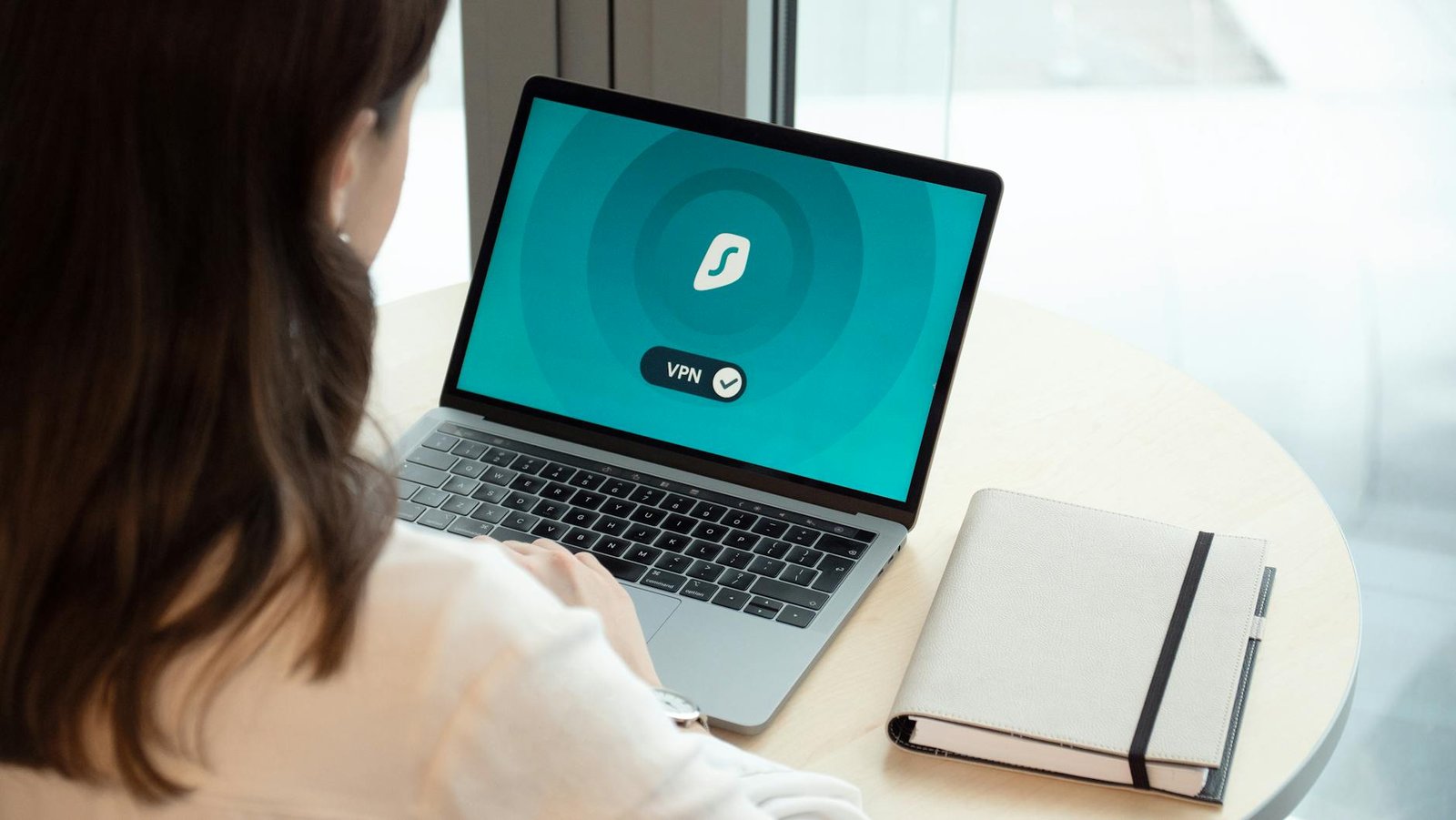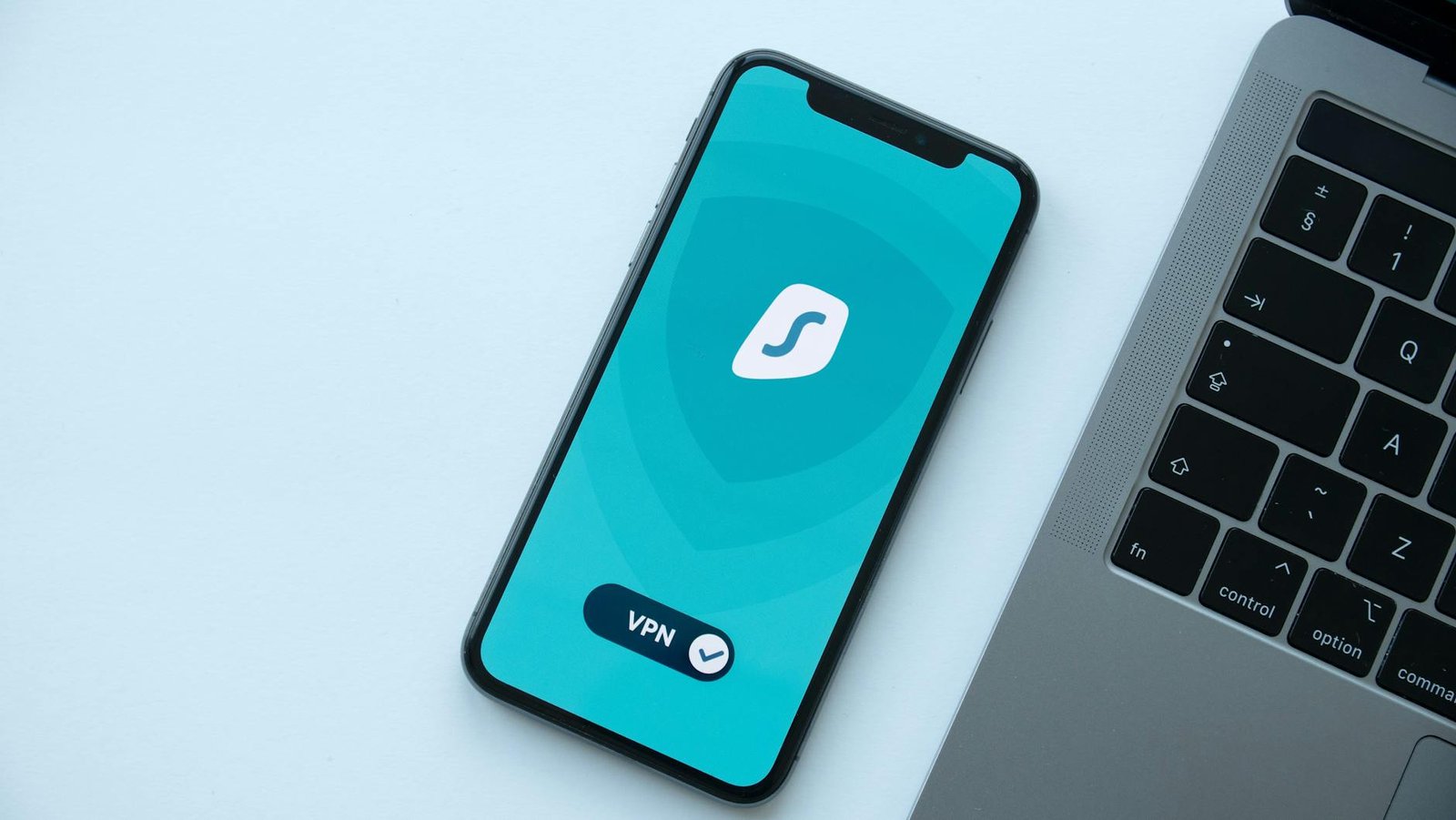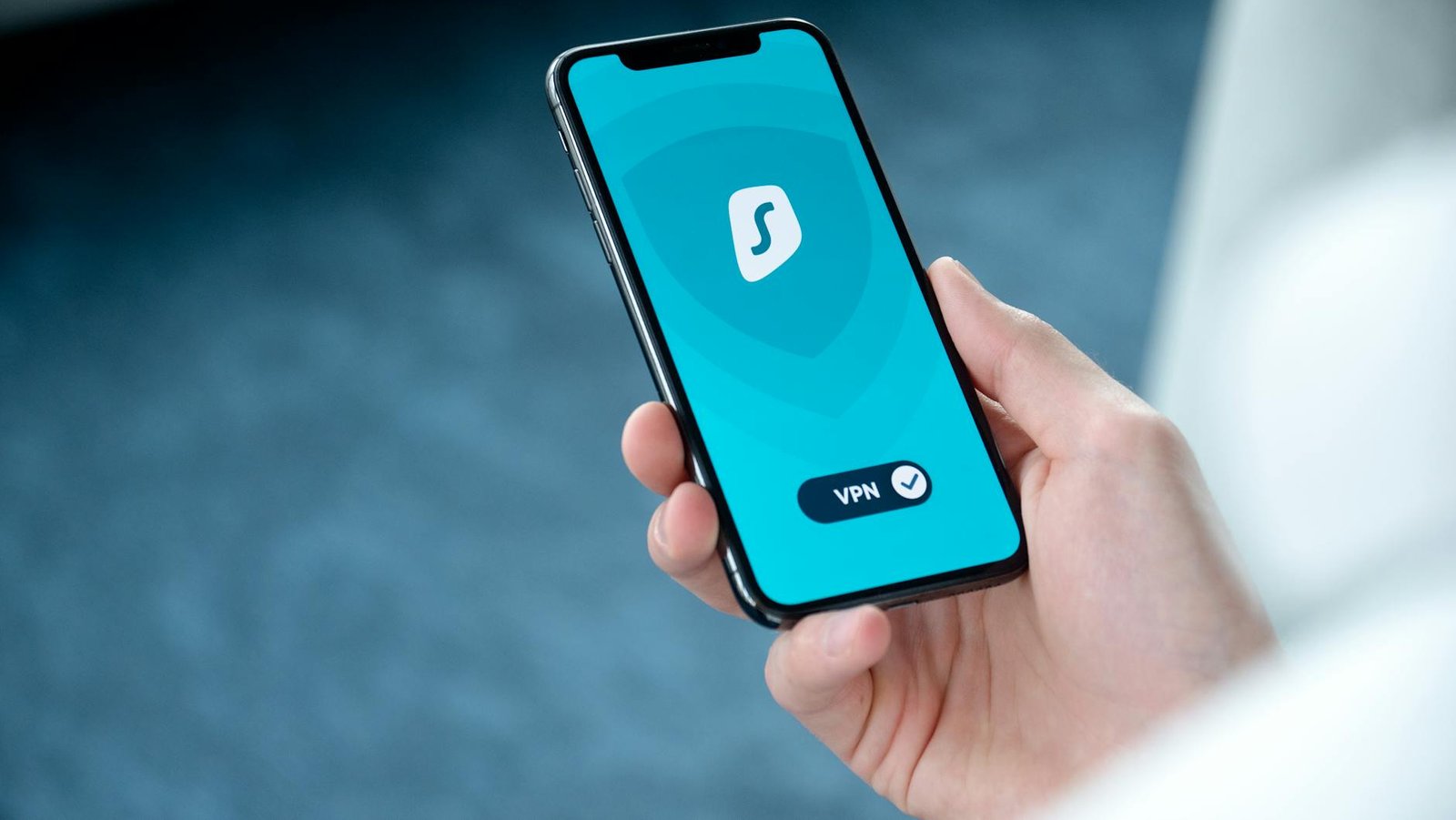Ever felt like someone might be peering over your virtual shoulder? If you’re like most of the 87% of internet users concerned about their privacy, you probably have. Best free VPNs for beginners
Finding a free VPN that actually protects your data without secretly selling it to the highest bidder feels like searching for a unicorn. But here’s the thing – they do exist.
The best free VPNs for beginners offer legitimate protection without requiring a computer science degree to set up. They’re your first line of digital defense whether you’re connecting to sketchy airport WiFi or just trying to keep your browsing habits private.
But before you download the first option that pops up on Google, there’s something crucial you need to understand about how “free” services actually make their money…
Why You Need a VPN as a Beginner

Protection of Personal Data
Ever used public Wi-Fi at your favorite coffee shop? Your personal info is basically sitting on a silver platter for hackers. A free VPN for beginners creates an encrypted tunnel that shields your data from prying eyes.
Think about it – your passwords, credit card details, and private messages all travel through networks you don’t control. Without protection, they’re up for grabs. Best free VPNs for beginners
Even basic free VPN services can prevent most common attacks. They mask your IP address and encrypt your connection, making it significantly harder for anyone to intercept your information.
Bypassing Geo-Restrictions
Tired of seeing “This content isn’t available in your region”? That’s where VPNs shine.
Free VPN services let you virtually relocate anywhere in the world. Want to watch that UK-only show or access a website blocked in your country? Just connect to a server in the right location and boom – you’re in.
Best free VPNs for beginners. This opens up a whole new internet experience without the technical headaches.
Enhanced Online Privacy
Your internet service provider tracks everything you do online. Everything. And they can (and do) sell this data.
A VPN stops this creepy surveillance by hiding your browsing activity. Your ISP only sees encrypted data going to a VPN server, not the actual websites you visit.
Many free VPN options offer decent privacy features that give you back control over who sees what you’re doing online.
Safe Public Wi-Fi Usage
Public Wi-Fi networks are convenience traps. They’re incredibly unsafe – perfect hunting grounds for cybercriminals.
When you connect to hotel, airport, or café Wi-Fi with a VPN, you create a protective bubble around your data. This prevents anyone on the same network from snooping on your activity or stealing your information.
For beginners just learning secure browsing, a free VPN is your first line of defense against these everyday threats.
Top Free VPNs for New Users

ProtonVPN Free – Unlimited Data with Basic Features- Best free VPNs for beginners
Unlimited data is rare in free VPNs, but ProtonVPN actually delivers on this promise. You get access to servers in three countries (US, Netherlands, and Japan), which is perfect when you’re just starting your VPN journey.
The security is rock-solid with military-grade encryption, and they have a strict no-logs policy. That means they don’t track what you’re doing online.
The catch? Speed. The free version is throttled compared to their paid plans. But for basic browsing and occasional streaming, it works just fine.
Setup is dead simple:
- Download the app
- Create a free account
- Hit connect
Windscribe – Generous 10GB Monthly Data
Windscribe gives you a hefty 10GB of data each month, which covers about 40 hours of web browsing. The free plan includes servers in 10 countries—pretty generous when most free VPNs limit you to just 1 or 2.
What’s cool is their built-in ad blocker and firewall features. These extras help protect you from annoying ads and potential data leaks.
The interface is clean and approachable for beginners. Just click the big power button and you’re protected in seconds.
Pro tip: Tweet about Windscribe and they’ll give you an extra 5GB of data!
Hide.me Free – No-Logs Policy
Privacy obsessed? Hide.me might be your jam. Their standout feature is a strict no-logs policy that’s actually been independently audited—rare for a free VPN.
The free plan gives you 10GB monthly data and access to 5 server locations. What makes it beginner-friendly is their 24/7 customer support—something most free VPNs skip out on.
The apps work on pretty much everything: Windows, Mac, iOS, Android, even your router.
One limitation: the free version doesn’t unblock Netflix or other streaming services, so keep that in mind.Best free VPNs for beginners
TunnelBear – User-Friendly Interface for Beginners
If you’ve never used a VPN before, TunnelBear’s playful bear animations and simple toggle switches make the whole experience actually fun. No technical jargon or complicated settings to figure out.
The free plan gives you 500MB of data per month—admittedly tiny compared to others on this list. But for occasional secure browsing or testing the waters, it’s perfect.
Security-wise, they run annual independent security audits and publish the results. That’s transparency you rarely see with free VPNs.Best free VPNs for beginners
The bear animations showing your connection tunneling across a world map aren’t just cute—they help you understand what’s happening when you connect.
Hotspot Shield Basic – Fast Speeds for Casual Use
Speed matters, and Hotspot Shield’s free version actually delivers decent performance. Their “Catapult Hydra” protocol (fancy name, I know) is optimized for speed even on free accounts.
You get 500MB daily data allowance. That works out to about 15GB per month—more generous than most free options.very eassensial this content for you Best free VPNs for beginners
The downside? You’re limited to U.S. servers only, and there’s a fair amount of ads in the free version.
For beginners, the app makes it super clear when you’re protected with a simple ON/OFF switch and connection status display. No confusing menus or settings to wade through.
Understanding VPN Features for Beginners

A. Server Locations – What Matters
When you’re starting with a free VPN, server locations might seem like just numbers on a page. But they actually make a huge difference.
More servers = more options to connect. But quality beats quantity every time.
Here’s what matters for beginners:
- Geographic diversity: Need to access content from Japan? You’ll need servers there.
- Server load: Fewer users per server means better speeds.
- Distance: Connecting to closer servers typically gives you faster performance.
Most free VPNs offer limited locations (usually 5-10 countries) while paid services boast 50+ countries. For casual browsing, that might be enough.
B. Data Limits Explained
Free VPNs have to make money somehow, and they do it by capping your data.
Think of data limits like a gas tank. When it’s empty, you’re either stuck or paying to refill.
Typical free VPN data caps:
| Service Type | Typical Monthly Limit | Good For |
|---|---|---|
| Free VPNs | 500MB-10GB | Occasional browsing, light email |
| Paid VPNs | Unlimited | Streaming, downloading, gaming |
That 500MB disappears fast if you’re streaming videos or downloading files. For context, one hour of HD Netflix burns through about 3GB.
C. Speed Considerations
Speed is where free VPNs really show their limitations.
Free VPNs typically throttle connection speeds. It’s like driving a car with the parking brake half-engaged.
Speed factors to consider:
- Base internet speed: A VPN can’t make your existing connection faster
- Encryption overhead: Stronger security = slightly slower speeds
- Server congestion: Free tiers push more users onto fewer servers
If you’re just checking email or browsing news, slightly slower speeds might not matter. But for Netflix binges or online gaming, that lag will drive you crazy.
Setting Up Your First VPN

A. Installation Walkthrough
Getting your first free VPN up and running isn’t rocket science. Most free VPN services have streamlined the process down to a few clicks.
First, download the VPN app from the official website (never from third-party sites, seriously). For most beginner-friendly free VPNs like ProtonVPN or Windscribe, you’ll need to create an account with an email address.
Once installed, log in with your credentials. The app will typically ask for permission to modify your network settings – this is normal and necessary for the VPN to work.
Done! Most free VPN apps have a big “Connect” button right in the middle. Hit it, and you’re protected.
B. Choosing the Right Server
Free VPN users don’t get the whole candy store when it comes to server options. But that’s okay for starters.
Pick servers based on what you need:
- Speed: Choose the server closest to your actual location
- Content access: Select a server in the country whose content you want to access
- Privacy: Some free VPNs mark servers optimized for privacy
Remember that with free VPNs, popular servers often get crowded, which can slow things down during peak hours.
C. Testing Your Connection
Got your VPN running? Great. Now make sure it’s actually working.
The simplest test is to Google “what is my IP address” before and after connecting. Your IP should change completely when the VPN is active.
For a deeper check, visit sites like ipleak.net or dnsleaktest.com. These will tell you if your VPN is leaking your real location or DNS requests.
Also test your speeds using speedtest.net. Yes, free VPNs will slow you down somewhat – that’s part of the free VPN limitations.
D. Troubleshooting Common Issues
Free VPN not working? Don’t panic.
Common problems include:
- Can’t connect: Try a different server or protocol if your VPN offers options
- Slow speeds: Switch to a less crowded server or connect during off-peak hours
- Website blocking your VPN: Free VPNs often get blacklisted by streaming services
- Random disconnects: This is unfortunately common with free services that limit bandwidth
If your VPN keeps failing, check if you’ve hit your data cap – most free VPNs limit daily or monthly usage. When these frustrations pile up, it might be time to consider that free vs paid VPN comparison.
Limitations of Free VPNs
Data Caps and Bandwidth Throttling
Free VPNs might seem awesome at first, but they’ll hit you with data limits faster than you can say “unlimited.” Most cap your usage at 500MB-10GB per month. Think about it – one HD movie is about 3GB. Do the math.
When you hit that cap? Your VPN connection either cuts off completely or slows to a painful crawl. ProtonVPN is the rare exception offering unlimited data on their free plan, but they throttle speeds for non-paying users when networks get busy.
Server Restrictions
Want to watch Netflix Japan? Sorry, not happening with your free VPN. Free services typically offer 3-5 server locations compared to 50+ on paid versions. You’re basically stuck with whatever high-traffic, overcrowded servers they give you.
This means two things: slower speeds and fewer options to bypass geo-restrictions. That UK streaming service you wanted to access? It’s probably not working with the three server options you’ve got.
Missing Advanced Features
Free VPNs strip away all the good stuff. Split tunneling? Nope. Multi-hop connections? Dream on. Kill switches are often missing too, leaving your data exposed if the VPN drops.
The biggest missing piece is usually streaming support. Free VPNs get blocked by Netflix, Disney+, and other streaming services almost immediately. And forget about torrenting – most free services explicitly forbid P2P traffic or make it painfully slow.
When those security features matter most is exactly when free VPNs let you down.
When to Upgrade to a Paid VPN

Signs You’ve Outgrown Free Options
We’ve all been there – that moment when your free VPN suddenly drops connection during a crucial video call, or when you’re hitting that data cap for the third time this week. Free VPNs are like those sample-size snacks – great for a taste but never quite filling enough.
Here’s how to tell you need something more substantial:
- You’re constantly babysitting your data usage
- Server disconnections happen right when you need stability most
- You’re stuck with servers in countries nobody vacations to
- Connection speeds make you reminisce about dial-up internet
- You’ve clicked through more ads than actual web pages
The frustrating reality is that free VPN services are designed with limitations to nudge you toward paid versions. When you’re spending more time managing your VPN than actually using it, that’s your cue.
Cost-Benefit Analysis
Free isn’t always a bargain, especially with VPNs. Let’s break down what you’re trading:
| What You Save | What You Lose |
|---|---|
| $3-12/month | Reliable security |
| Initial setup cost | Streaming capabilities |
| Commitment | Data privacy |
| Connection speed | |
| Customer support |
Think about it this way: if you spend 2+ hours online daily, a premium VPN costs roughly 10-15 cents per day. That’s less than the cost of those free public WiFi security risks you’re taking.
Student and Budget-Friendly Paid Alternatives
Tight budget doesn’t mean you’re stuck with free options forever:
- Most premium VPNs offer student discounts (20-50% off)
- Look for long-term subscription deals (up to 80% cheaper than monthly)
- Multi-year plans often include months free
- Share family plans with roommates (as low as $2/person)
- Seasonal sales happen regularly (Black Friday is gold mine territory)
Many services offer 30-day money-back guarantees, so you can test-drive before committing. Providers like NordVPN, Surfshark, and Private Internet Access frequently run specials targeting students and budget-conscious users.

Choosing the right VPN as a beginner doesn’t have to be complicated or expensive. The free options we’ve covered provide a solid starting point to protect your online privacy and access geo-restricted content without any financial commitment. Remember to consider essential features like server locations, speed limitations, and user-friendly interfaces as you begin your VPN journey.
While free VPNs offer valuable protection, be mindful of their limitations including data caps, fewer server options, and potential privacy concerns. As your needs evolve and online security becomes more important, consider upgrading to a paid service for enhanced features, better performance, and more comprehensive protection. Until then, any of our recommended free VPNs will help you take that crucial first step toward a more secure digital life.







